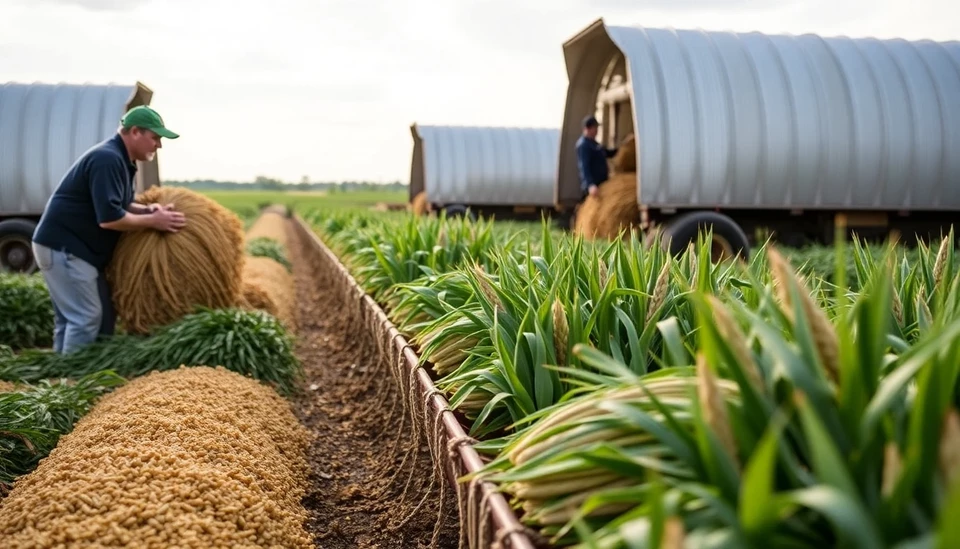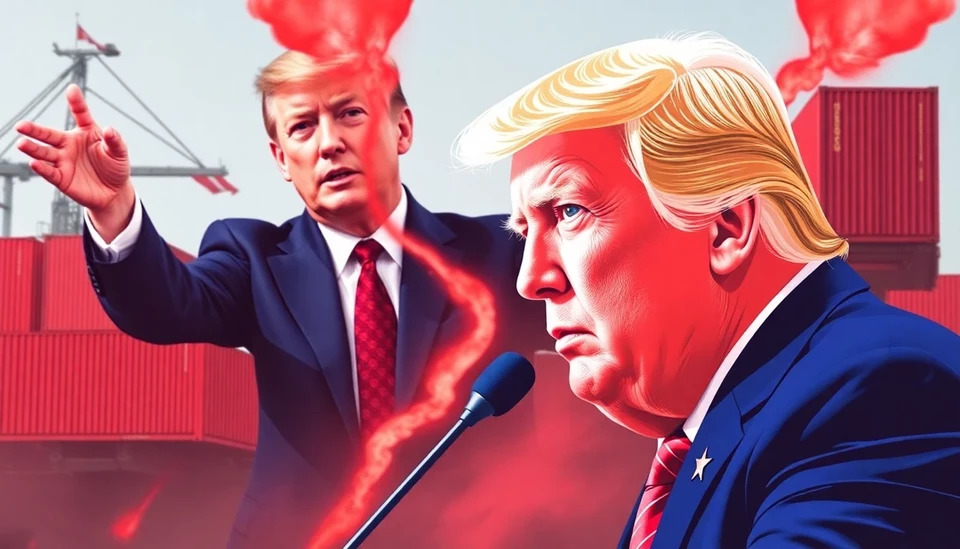
In a significant shift that is poised to adversely affect American agriculture, China has begun turning to Brazil for key agricultural imports, as tensions relating to the trade war with the United States continue to escalate. This strategic pivot by China comes as a response to ongoing trade tariffs initiated during the Trump administration, which have contributed to an unstable agricultural market for U.S. farmers.
The pressing economic fallout for American farmers is evident as China has historically been one of the largest export markets for U.S. agricultural products. However, with the persistent tariffs on various goods and commodities, many farmers are now witnessing a drastic reduction in their market share. Brazilian agricultural products, which are often sold at competitive prices, are now flooding the Chinese market, leaving American growers grappling with the fallout.
Farmers in the Midwest, who have traditionally relied on exporting goods such as soybeans and corn to China, are particularly hard-hit. The notable decline in exports has led to a surplus in domestic markets, resulting in significant price drops for key commodities. Many farmers are expressing concerns about their long-term viability, as the shift in Chinese purchasing patterns is not expected to change anytime soon.
China's prioritization of Brazilian imports comes as the country seeks to stabilize its food supply in the wake of fluctuating economic conditions and rising inflation. With the Chinese government promoting self-sufficiency and looking to diversify its sources of agricultural goods, Brazil represents a favorable alternative for meeting its enormous demand. This situation underscores the need for U.S. farmers to reconsider their strategies and adapt to an increasingly competitive global landscape.
The ramifications of this trade shift extend beyond immediate economic concerns. There is a growing fear that American farmers, particularly those in rural areas, may lose their foothold in global markets, leading to a significant downturn in the agricultural economy. As many farmers are now diversifying their crops or shifting to different markets, the long-term implications could reshape U.S. farming as we know it.
Experts warn that if the U.S. government does not intervene or negotiate to de-escalate trade tensions, the agricultural sector could face further challenges. Analysts call for renewed discussions to find resolutions that would reopen Chinese markets to U.S. farmers and reclaim lost business. Without swift action, the U.S. agricultural industry might not only lose its current standing but could also face a structural decline in years to come.
The landscape of global agricultural trade is evidently shifting, with Brazil capitalizing on opportunities that have opened up due to the ongoing trade dispute. American farmers are now left with an urgent need for strategic adaptation to maintain their market presence. As this situation develops, continued scrutiny will be necessary to understand the full spectrum of consequences on the U.S. agricultural economy.
In conclusion, as China deepens its agricultural relationship with Brazil, U.S. farmers face daunting challenges that could reshape the agricultural landscape in America for years to come. The call for resolution in trade discussions grows louder, as the future of American agriculture hangs in the balance.
#USFarmers #ChinaTrade #Agriculture #BrazilTrade #TrumpTradeWar #Soybeans #Corn #MarketShift
Author: Rachel Greene




